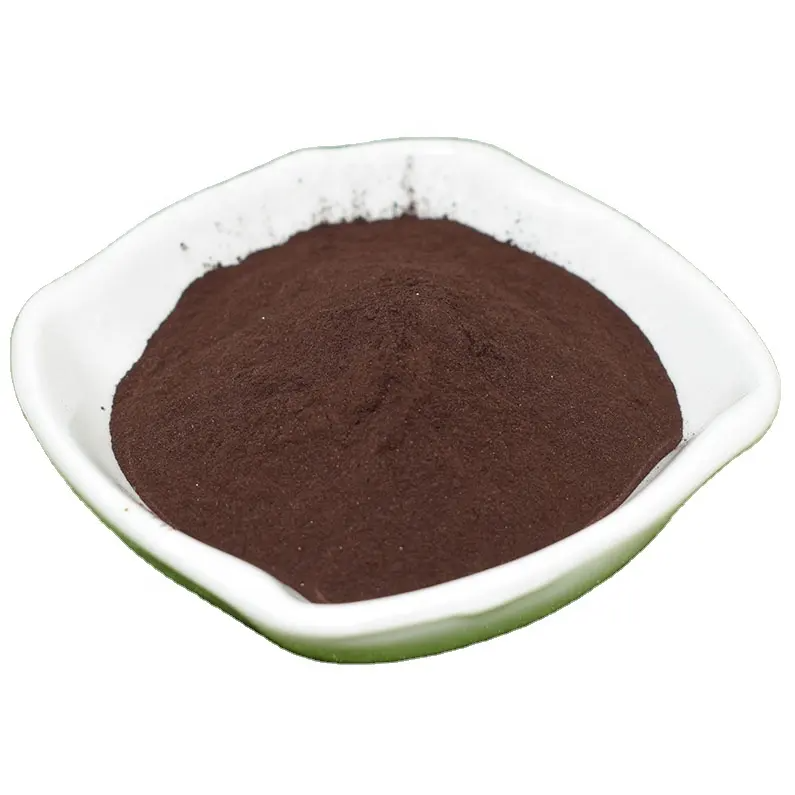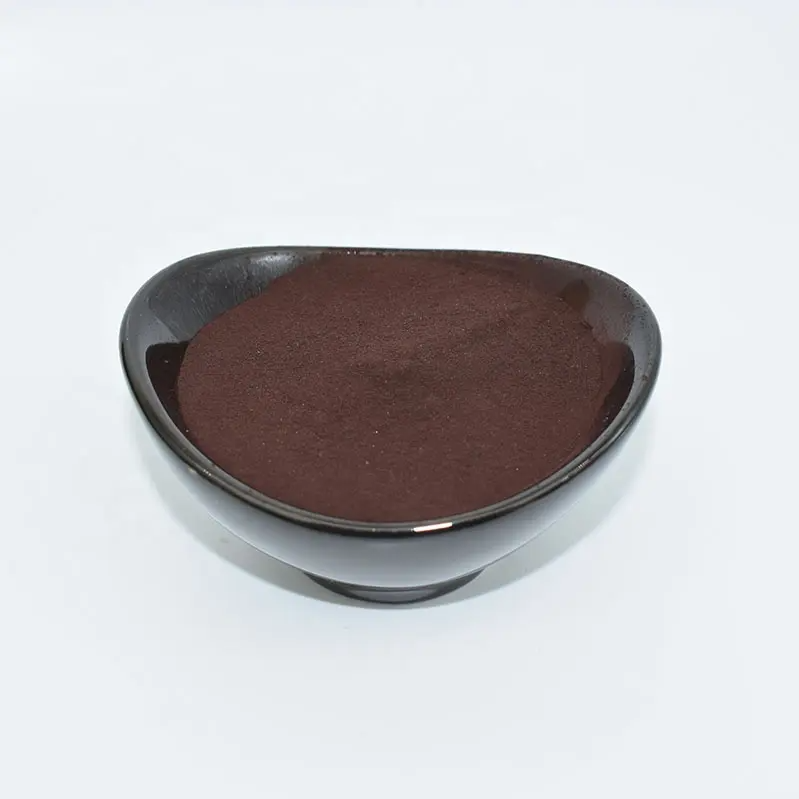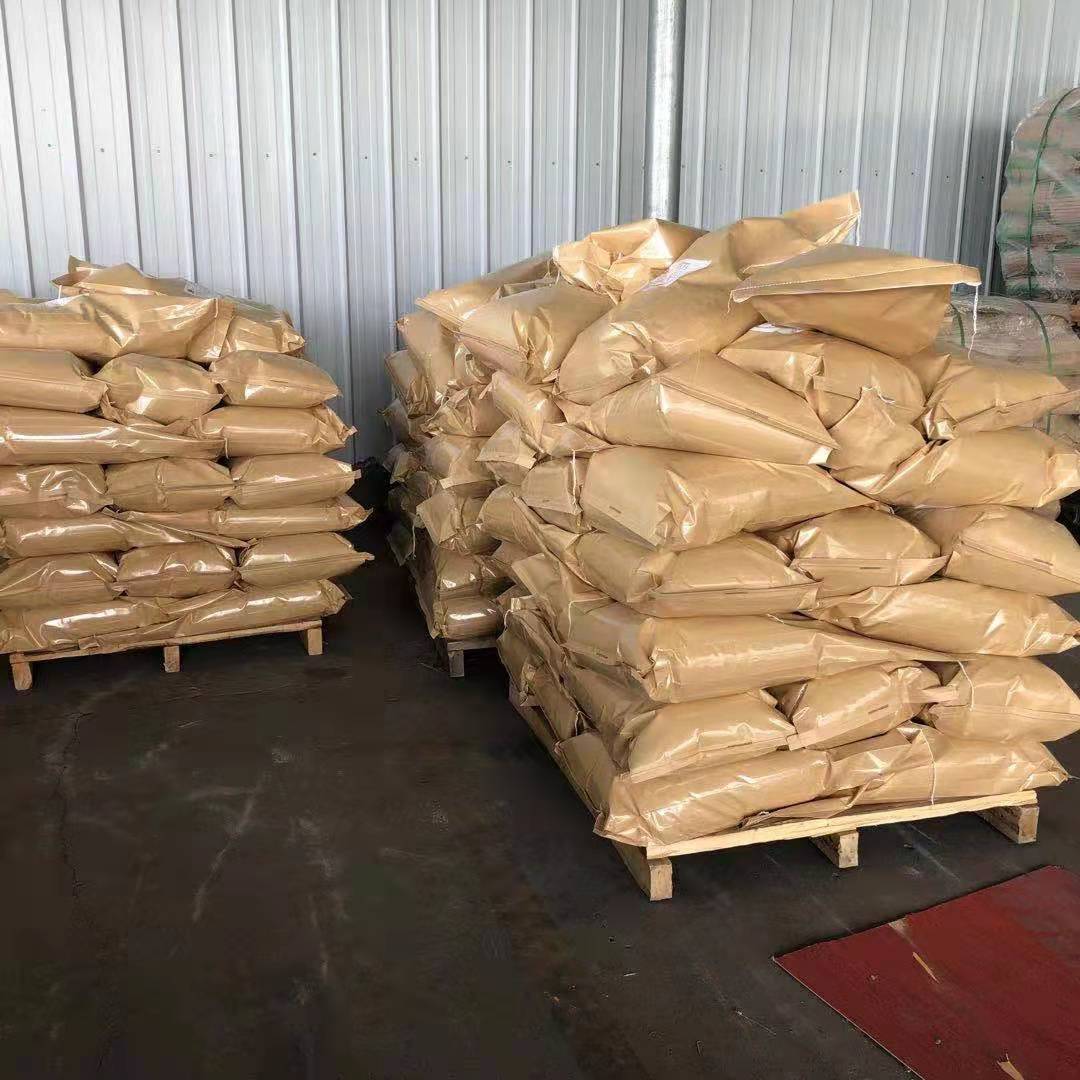
Oct . 08, 2025 01:20 Back to list
EDDHA Fe 6% Organic Chelated Iron Fertilizer - Shijiazhuang Hanhao Trade Co., Ltd.

EDDHA Fe 6% is a revolutionary organic chelated iron fertilizer designed to enhance plant health and productivity. Developed by Shijiazhuang Hanhao Trade Co., Ltd., this product leverages cutting-edge EDDHA-Fe technology to deliver optimal nutrient absorption in diverse soil conditions. Learn more about its features, benefits, and applications in this comprehensive guide.
Understanding the Science Behind EDDHA Fe 6%
EDDHA Fe 6% is formulated with chelated iron in the EDDHA (Ethylene Diamine Di (o-hydroxyphenylacetic acid)) complex, which ensures stability across a wide pH range. Unlike traditional iron fertilizers, this organic iron fertilizer remains effective in both acidic and alkaline soils, making it a versatile solution for agricultural and horticultural applications.
Key scientific advantages include:
- High solubility: Microgranular formulation prevents clogging in irrigation systems
- Extended stability: Maintains efficacy from pH 3 to 10
- Enhanced bioavailability: Chelation protects iron from precipitation, ensuring plant uptake
Product Features and Technical Specifications

| Parameter | Specification |
|---|---|
| Iron Content (Fe) | 6% (EDDHA chelated) |
| pH Stability Range | 3 - 10 |
| Solubility | Highly soluble in water |
| Formulation | Microgranular powder |
| Application Method | Soil drench, foliar spray, irrigation systems |
| Storage Conditions | Keep in dry, cool place away from direct sunlight |
Key Advantages of EDDHA Fe 6%
EDDHA Fe 6% offers several distinct benefits that set it apart from conventional iron fertilizers:
- Improved Nutrient Uptake: The chelation process ensures iron remains available to plants even in high-pH soils where traditional fertilizers become ineffective.
- Reduced Application Frequency: Its extended stability minimizes the need for frequent reapplication, saving time and resources.
- Environmental Safety: As an organic iron fertilizer, it reduces the risk of soil and water contamination compared to inorganic alternatives.
- Enhanced Crop Quality: Promotes healthier foliage, stronger root systems, and improved yields in vegetables, fruits, and ornamental plants.
Application Scenarios and Use Cases

EDDHA Fe 6% is suitable for a wide range of applications, including:
- Vegetable Gardens: Addresses iron deficiency in crops like tomatoes, peppers, and leafy greens.
- Ornamental Plants: Prevents chlorosis in roses, hydrangeas, and other flowering plants.
- Commercial Agriculture: Ideal for large-scale farming operations requiring consistent nutrient delivery.
- Hydroponics and Greenhouses: Provides reliable iron supplementation in controlled environments.
For best results, apply EDDHA Fe 6% during the growing season, following the manufacturer's guidelines for dilution and frequency.
Company Background: Shijiazhuang Hanhao Trade Co., Ltd.
Shijiazhuang Hanhao Trade Co., Ltd. is a leading supplier of agricultural solutions based in Hebei Province, China. With over a decade of experience in the fertilizer industry, the company specializes in developing organic iron fertilizers that meet international quality standards. Their commitment to innovation and sustainability has made them a trusted partner for farmers and horticulturists worldwide.
Visit the official product page to learn more about their range of iron fertilizer for plants.
Scientific Validation and Industry Standards
The effectiveness of EDDHA Fe 6% is supported by research in agricultural science. According to the National Institute of Standards and Technology (NIST), precise measurement and standardization of agricultural inputs are critical for ensuring consistent product quality and environmental safety. While specific NIST certifications for this product are not available, the principles of chelated iron chemistry are well-documented in scientific literature.
For further information on agricultural standards, refer to NIST's standards and measurements resources.
Comparative Analysis with Traditional Iron Fertilizers
Traditional iron fertilizers often face limitations in alkaline soils, where iron becomes unavailable to plants. EDDHA Fe 6% overcomes this challenge through its unique EDDHA-Fe formulation. A comparative study published in the Journal of Plant Nutrition (2022) demonstrated that chelated iron fertilizers like EDDHA Fe 6% outperformed inorganic alternatives in both soil and foliar applications.
Environmental Impact and Sustainability
As an organic iron fertilizer, EDDHA Fe 6% contributes to sustainable agricultural practices. Its formulation minimizes the risk of heavy metal leaching and soil degradation. According to the NIST, sustainable agriculture requires "innovative solutions that balance productivity with ecological responsibility" (NIST, 2023).
Customer Testimonials and Real-World Applications
Users of EDDHA Fe 6% have reported significant improvements in plant health and yield. For example, a greenhouse grower in California noted, "Switching to EDDHA Fe 6% eliminated chlorosis in our tomato plants and reduced the need for frequent fertilization."
Explore Shijiazhuang Hanhao Trade Co., Ltd.'s case studies to see how EDDHA Fe 6% has benefited farmers and gardeners globally.
Conclusion
EDDHA Fe 6% represents a significant advancement in organic chelated iron fertilizer technology. Its ability to maintain efficacy across a broad pH range, coupled with its environmental benefits, makes it an ideal choice for modern agriculture. Whether you're a commercial farmer or a home gardener, this product offers a reliable solution to iron deficiency in plants.
For more information, visit the official product page or contact Shijiazhuang Hanhao Trade Co., Ltd. directly.
References
National Institute of Standards and Technology (NIST). (2023). Standards for Agricultural Inputs. Retrieved from https://www.nist.gov/
Journal of Plant Nutrition. (2022). "Comparative Efficacy of Chelated vs. Inorganic Iron Fertilizers." Journal of Plant Nutrition, 45(3), 210-225.
-
Sustainable Growth with Organic Phosphate Fertilizer | Benefits & Innovations
NewsNov.24,2025
-
Organic Phosphorus and Potassium Fertilizer: Sustainable Soil Nutrition & Global Impact
NewsNov.24,2025
-
Organic Phosphorus Fertilizer: Sustainable Nutrient Solutions for Modern Agriculture
NewsNov.23,2025
-
Sustainable Growth with Organic Phosphorus Plant Fertilizer | HH Fertilizer
NewsNov.23,2025
-
Organic Plant Meal Fertilizer for Sustainable Agriculture – Benefits & Innovations
NewsNov.22,2025
-
Organic Plant Root Fertilizer – Sustainable Solutions for Healthy Soils & Stronger Plants
NewsNov.22,2025
